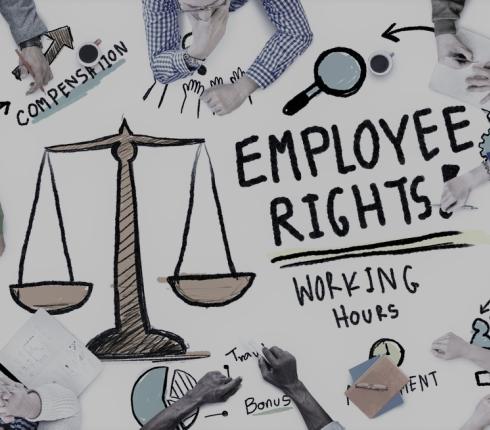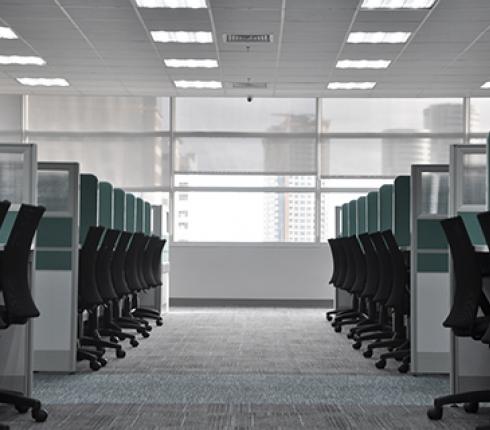NJORD Estonia: Are your employees getting enough vitamin D?
During those beautiful summer days (with all the sun and vitamin D), working in an office can seem suffocating. If you care about the outcome of the work and not the time spent on doing it, you should consider working outside the office. Great outdoor places to work from are gardens, terraces, country homes etc. This kind of opportunity can actually be beneficial to creative ideas, which therefore can lead to the next unicorn.
The Employment Contracts Act („Act“) gives the employers and the employees the opportunity to agree on working outside the place of performance of the work (teleworking). The Act doesn’t regulate teleworking any further, so the employer must organize teleworking in a way that all statutory obligations of the employer would be fulfilled. That includes ensuring that working conditions correspond to occupational health and safety requirements, keeping track of the working time, etc.
Although teleworking might seem appealing, it does hold hidden risks for the employer, that should be considered. These primarily include risks related to the employer’s responsibility to ensure proper health and safety requirements and the employee’s obligation to keep the employer’s business secrets. Hence, it’s probably not wise to allow employees to work in small cafés, where they would spread all work related documents on the table or risk someone reading a client’s fee proposal off of your employee’s computer screen whilst they are riding a train.
Depending on the characteristics of the job, parties should draw up the teleworking agreement as clearly as possible.
The agreement could include the following:
- where is the employee allowed to work (home, summer house, library etc) and where is working forbidden (cafés, beaches etc.);
- what kind of communication devices are they allowed to use (reducing security risks);
- how employer’s property should be kept (laptops, documents etc.);
- availability of the employee to the employer (when and through which communication devices);
- tracking working time (e.g. the employee checks in through a client management program); protecting employer’s business secrets (securing documents) etc.
- And you of course can’t forget data protection requirements.
By carefully reviewing all summer office conditions, both the employer and the employee can enjoy the summer and accomplishing their work tasks at the same time, not to mention that they can do so while soaking up vitamin D. Everybody wins!































